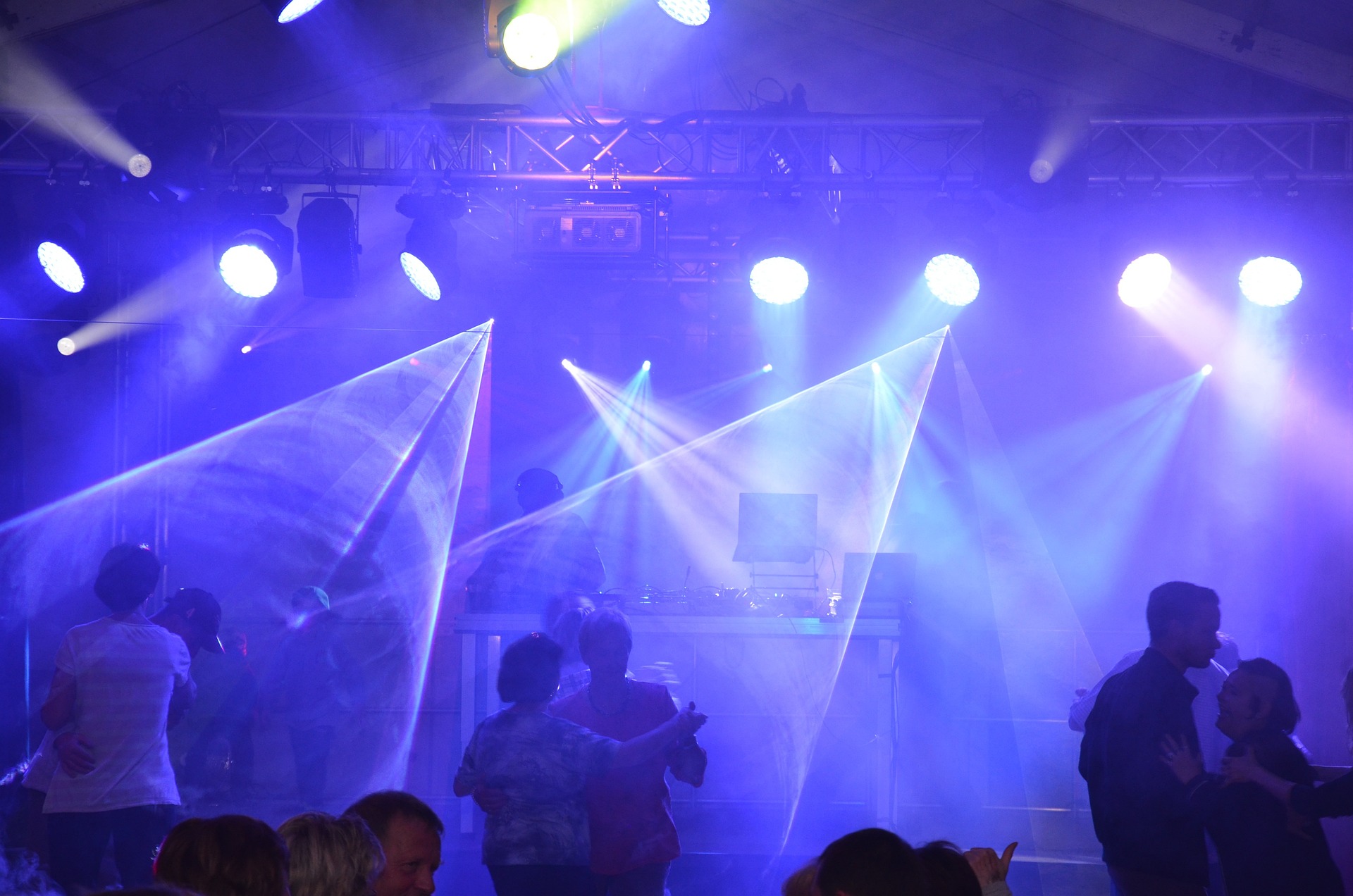These “dispatches from the inside” are usually rather bleak. This is an exception. It is shared by a More Than Our Crimes network member known as Sidi Analla, who lives in a special unit of the medium-security federal Sheridan prison in Oregon.
The unit was started by a doctor as a safe place for individuals with severe trauma-related mental health disorders who could easily be taken advantage of by other prisoners: the most vulnerable of the vulnerable. The approximately 100 residents are supplemented by prisoners who agree to act as mentors and helpers. Sidi suffers from PTSD and cluster headaches, caused by torture he experienced in a special housing unit (SHU, or “the hole”) at a high-security prison. Being active as much as possible prevents him from “thinking too much,” he says. “I have to be moving and planning and doing things to leave the pain behind. It doesn’t always work, but that’s my goal.”
About a year ago, Sidi began organizing an annual “courage show” (his version of a talent show). Each participant “wins” by simply coming forward and performing, he says. About 15 staff members attended, two of whom spoke at the end. Here is Sidi’s account:
The show started with the choir singing “The 12 Days of Christmas.” The second “act” was a prisoner named Mark who spoke on the subject of resilience, which he said was personified by his enduring relationship with his wife, Misty, despite years of trauma.
“We got married on 12-12-12,” he told the group. “Just two years before, we lost my mom and her brother, and we figured this was a fresh start. What else could go wrong? We didn’t have long to find out. In June 2013, Misty suffered a trauma-induced stroke. My dad passed away on Nov. 13 of that year, followed by her mom 19 days later. My sister died too, then I was incarcerated. So, I know trauma inside and out. But thanks to my wife, my psychologist and you all, I wouldn’t have discovered what resilience means. We are stronger than we realize.”
Others followed with their favorite poems, inspirational quotes and stories, jokes and songs. Some were in Spanish, but most in English. One of our prisoners signed (using American Sign Language) all of the acts and verbalized one for another who shared two jokes in sign.
Here is one of those jokes:
A police officer found a perfect hiding place where he could watch for speeding motorists.
One day, the officer was amazed when everyone drove under the speed limit, so he investigated and found the “problem.”
A 10-year-old boy was standing on the side of the road with a huge hand-painted sign that said, “Radar trap ahead.”
About 100 yards beyond the radar trap was the boy’s accomplice: a friend with a sign reading “TIPS” and a bucket at his feet full of change.
But perhaps the highlight of the program was one prisoner named Karl who looks like a 13-year-old. He used to juggle with torches of fire, but since he couldn’t do that, he placed book lights from the commissary in the toes of socks. When the lights were turned off, the music was turned up and he danced while twirling them! The poor kid had been suffering from kidney stones and had to be catheterized the night before, and he was still dragging tubes. But he still performed fantastically. When the staff first heard about his planned performance, they were a little concerned: Karl looks and acts sort of effeminate, and they were afraid he might be ridiculed. But by the grace of Allah, they decided to trust us and it went over very well.
The choir closed out the show with three songs, including Jingle Bells, and we all joined in. It was all a good moment for us all to share and help ourselves while helping others.
As for me, I was simply the one behind the scenes. I set the schedule, organized the rehearsals, approved the performances and, for those who wanted to participate but didn’t know what to do, provided poems and stories I’ve collected over the years. The only thing the staff helped with was the printing of the flier. The rest was all on us.
One of my favorite quotes that I shared is from Ambrose Redman: “Courage isn’t the absence of fear, but rather the decision that something else is more important than fear.”
The evening after the performance, we gathered together with cookies, milk, coffee and hot chocolate. We shared our “war” stories from earlier that day; they were almost in tears, they were so excited. Now, that was heartwarming.




